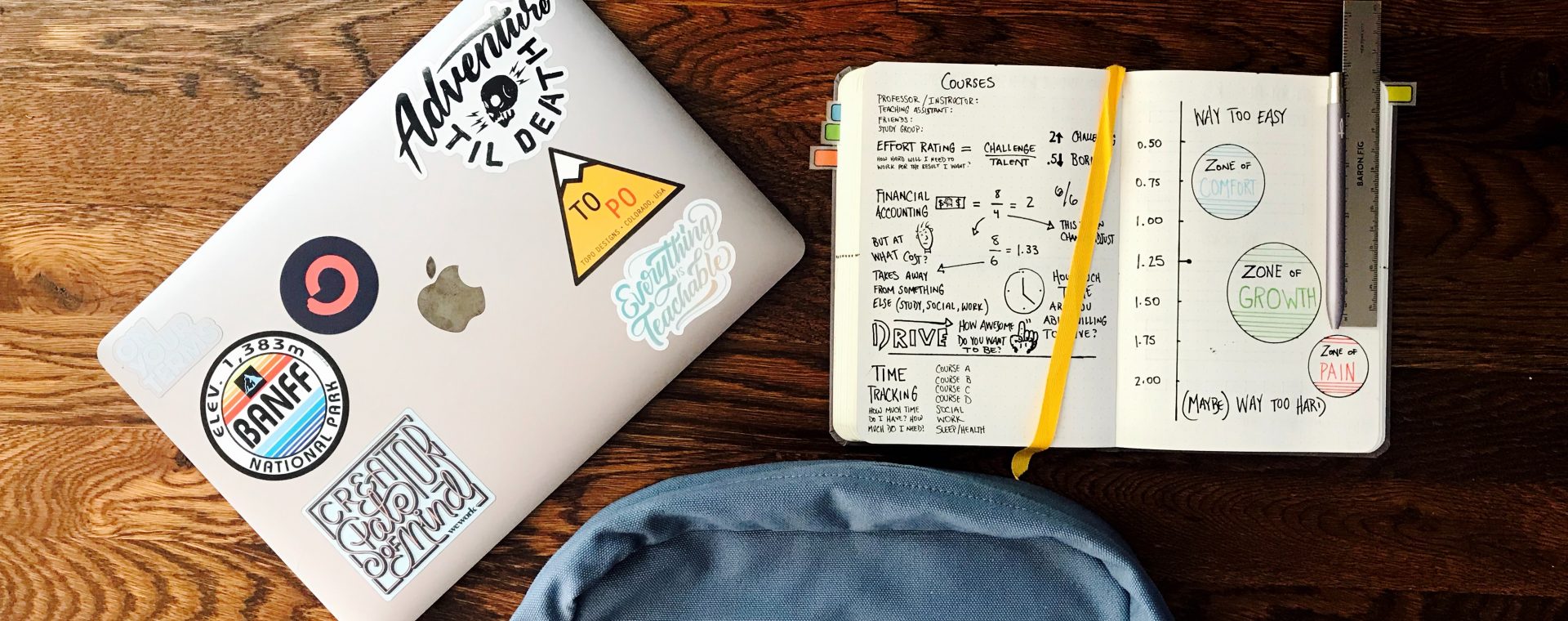
We are subjecting our children to a vast and largely unregulated experiment. In the past year schools across the world suspended in-person teaching and asked young people to transition to remote learning, three-quarters of which they delivered online. Before Covid-19, in more developed countries, 8- to 12-year-olds averaged five hours of screen time every day. By many estimates, as school went online to contain the spread of the virus, those numbers have doubled. The majority of the world’s children now spend the greater part of their childhood in front of a screen.
What happens when you put a child in front of a screen for hour upon hour every day?
Anything that you spend hours doing each day is going to have a significant influence upon your life. Young children whose brains and bodies are still developing are even more susceptible to environmental influences than older children and adults. One of the most influential reports on the effect of screen time on children’s psychological well-being is a study by Jean Twenge (2018). This suggests that screen time beyond an hour a day is associated with reduced psychological well-being in children, including less curiosity, lower self-control, more distractibility, more difficulty making friends, less emotional stability, being more difficult to care for, and inability to finish tasks.
As parents, educators and policymakers how do we ensure children’s well-being in an online world?
(1) Let go of the notion that children are digital natives with an inherent ability to thrive in an online world.
We need to wake up to the fact that the migration of our lives online is the largest societal change humanity has experienced since the transition from an agrarian to an industrialized society. Our attention is urgently needed on how this is impacting children and how we manage this transition skillfully.
(2) Understand the pathways to how children can be affected by increased screen-time.
The Internet brings with it extraordinary gifts and we have seen this under Covid-19 in our ability to sustain our connections with our families, friends and coworkers under lockdown, and children’s ability to continue some form of schooling. At the same time, we need to take seriously the growing body of research that screens can create a negative impact and we need to understand how the pathways operate to create this.
(3) Promote a media diet that prioritizes pro-social over aggressive content.
From a public health standpoint, the content of screen time is as important as quantity. There are decades of research showing that extensive leisure time with screen-based media and exposure to violent media content in early childhood can lead to more aggressive, less emotionally regulated adolescents. We need to co-create a media diet with our children so that they learn to plan for what they watch and the apps they can use.
(4) Ring fence core childhood needs and activities.
The big question is what screen time is displacing for this generation. Research is pointing to the harm caused by reduced physical play (which puts children at greater risk for being overweight or obese) and less quality sleep, which is associated with greater anxiety, distractibility and negative mood.
(5) Teach young children the life skills they need for a connected world.
We cannot afford to wait till adolescence to teach children how to navigate their online-offline lives. Young children are already encountering unwanted contact, disturbing and misleading content, commercial exploitation and an increasingly negative online culture of hate speech and bullying. If we really want to ensure the well-being of the next generation, we have to start young. The early years are critical to building the young child’s protective factors of emotional regulation, critical thinking and resilience. Learning social and emotional skills is essential to the young child’s cognitive development and self-esteem. And longitudinal studies show that the pro-social norms and values learned in early childhood result many decades later in kinder and fairer adults.
(6) Give early educators and parents free access to high-quality learning materials that speak to the reality of the online world where children live.
States around the world have invested significantly in the enrollment of children in primary school, providing much-needed teaching in literacy and mathematics. However, there remains an unmet need for high-quality, freely-accessed educational resources that update social and emotional learning for an online world.
That is why I started Power of Zero. We are a collaborative global campaign that brings together philanthropists, corporate citizens and non-profit organizations committed to giving every young child the skills they need for a connected world. Members of the steering committee include UNESCO, UNICEF, Hasbro, Facebook and Microsoft along with NGOs from around the world. Over the next year, we aim to develop an integrated set of lessons, activities, videos, books and games that ensure young children’s social and emotional development in the age of the Internet. This truly is a collaborative campaign. Our success depends upon all us coming together to reshape early learning for a connected world. Join us!
Nicholas Carlisle is a former barrister, child therapist, founder of No Bully and now CEO of Power of Zero. He can be reached at Nicholas@powerof0.org.


